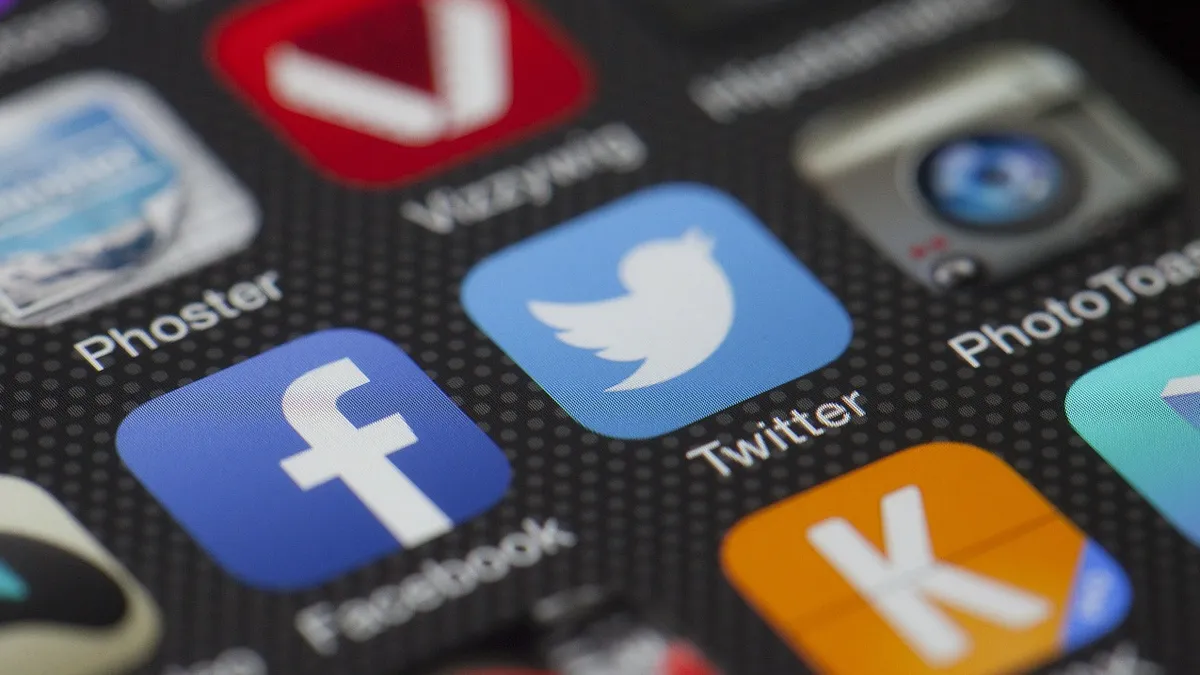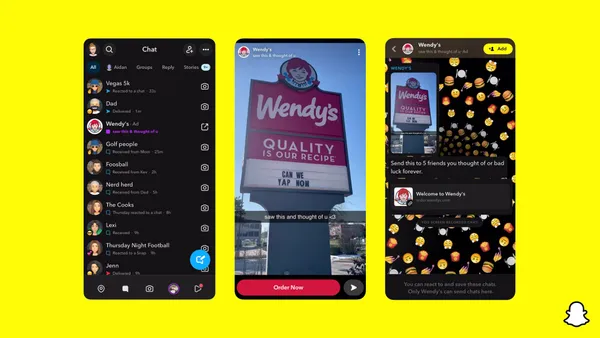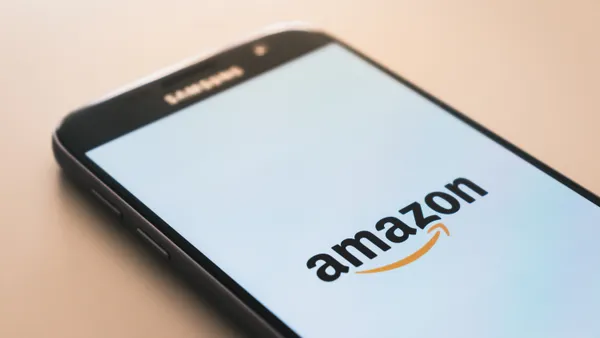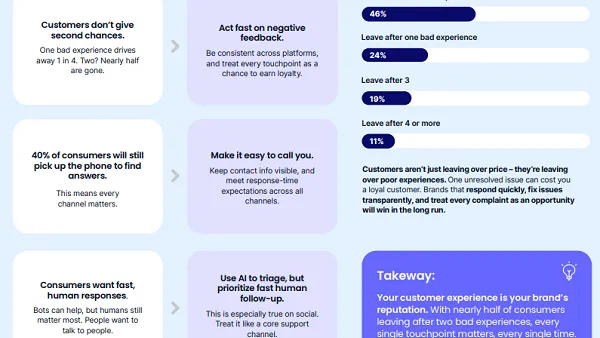Dive Brief:
- Following in the footsteps of one of its social media rivals, Twitter announced the platform will begin rolling out autoplay video and GIFs for the browser and iPhone app versions, with Android coming soon.
- This move addresses two major industry stats -- Facebook is serving four billion autoplay videos per day and the estimated U.S. market for online video ads is $7.7 billion.
- The announcement comes on the heels of a period of rough sailing with the announcement that Twitter’s CEO was stepping down, and underwhelming first quarter results, partly blamed on lower-than-expected ad revenue.
Dive Insight:
Twitter has been in need of positive news after the recent announcement that CEO Dick Costolo is stepping down on July 1, which follows the micro-blogging site's shares tanking 20% on missed Q1 earnings estimates. The poor earnings report was partly blamed on Twitter’s advertising revenue not meeting expectations.
The latest news from the social media platform has a more positive spin and directly addresses one of its challenges from the poor earnings report. After a testing period with select users, Twitter is rolling out autoplay video and GIFs across all users in the browser and iOS app versions, and will soon be adding Android apps. The videos will be muted and the autoplay feature can be turned off by users, although it is enabled by default. If users click on an autoplay video, the content plays in full-screen with sound.
Adam Bain, Twitter's president of global revenue, explained via tweets how autoplay benefits both marketers and consumers, as well as creates a "new standard for viewability."
Why put this standard of 100% viewability in place? B/c it’s simply the right thing to do, and we know it will improve advertiser ROI.
— adam bain (@adambain) June 16, 2015
While the company is looking to grab part of $7.7 billion U.S. market for online video ads, it changed the way advertisers are charged. Instead of being charged by the click, advertisers only pay when an autoplay ad has been 100% in-view on a device for at least three seconds. This exceeds the Media Rating Council’s standard of in-view for two seconds.














